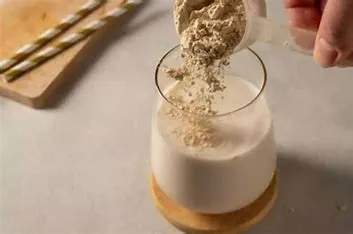Kanjeevaram sarees, renowned for their rich textures and intricate designs, are a prized possession in South Indian culture. These luxurious garments are celebrated for their craftsmanship and the quality of silk used. However, with the growing popularity of Kanjeevaram sarees, it’s essential to know how to identify an authentic piece to avoid counterfeit products. Here’s a detailed guide to help you distinguish a genuine Kanjeevaram saree from imitations.
1. Understand the Fabric
The hallmark of an authentic Kanjeevaram saree is its high-quality silk. Genuine Kanjeevaram sarees are made from pure mulberry silk, which is smooth, lustrous, and has a distinct sheen. To test the silk quality, rub a small section of the fabric between your fingers. Genuine silk will feel cool and smooth, and will usually have a slight natural sheen.
2. Check the Weave
The weaving technique used in Kanjeevaram sarees is intricate and complex. Authentic sarees feature a heavy and dense weave with elaborate patterns. Look for the traditional zari (gold or silver thread) work, which is usually woven into the fabric rather than printed or embroidered on top. The border and pallu (the end of the saree) should be distinctly woven, often with contrasting colors and patterns.
3. Examine the Borders and Pallu
The borders of a genuine Kanjeevaram saree are typically wide and elaborate, often featuring intricate designs such as peacocks, temples, or floral patterns. The pallu should display rich, elaborate designs and be woven in the same fabric as the rest of the saree. Authentic Kanjeevaram sarees have a consistent pattern and color throughout the fabric, with no discrepancies or mismatches.
4. Look for the Kanjeevaram Mark
Many authentic Kanjeevaram sarees come with a certification or tag from the Weavers’ Association of Kancheepuram. This tag is often found on the edge of the saree and verifies its authenticity. It’s a good idea to look for this mark or ask for certification when purchasing a Kanjeevaram saree.
5. Analyze the Weight
Genuine Kanjeevaram sarees are heavier than their counterfeit counterparts due to the high-quality silk and the dense weave. The weight of a Kanjeevaram saree is an important indicator of authenticity. If the saree feels unusually light, it might not be a genuine Kanjeevaram.
6. Observe the Color and Dye
The dye used in authentic Kanjeevaram sarees is vibrant and lasts long without fading. Check the color consistency throughout the saree. Genuine Kanjeevaram sarees use natural dyes that are deeply absorbed into the fabric, ensuring a rich and enduring color. Faded or inconsistent coloring can be a sign of a counterfeit product.
7. Price Point
While not a definitive indicator, the price can provide some clues. Genuine Kanjeevaram sarees are often priced higher due to the quality of silk and the labor-intensive weaving process. Extremely low prices may be a red flag indicating that the saree is not authentic.
8. Buy from Reputable Sellers
To ensure that you are purchasing an authentic Kanjeevaram saree, buy from established and reputable sellers or stores known for their authenticity. Trusted sellers often provide certification or guarantees of authenticity.
By keeping these factors in mind, you can confidently identify a genuine Kanjeevaram saree and invest in a timeless piece of traditional Indian craftsmanship. Whether you’re a collector or simply looking to add a classic saree to your wardrobe, these guidelines will help you make an informed choice.














